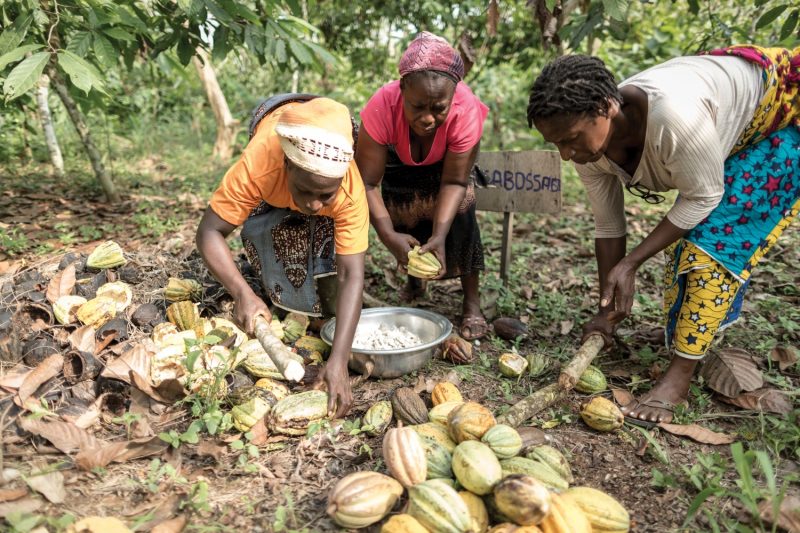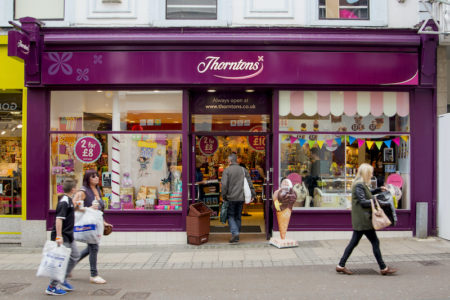Fairtrade Foundation’s mission remains vital three decades on

Fairtrade - Cotes d'Ivoire Cacao
While the Fairtrade Foundation laid the groundwork for the movement in the early 90s, it was a couple of years later in 1994 when the UK gained its first glimpse of Fairtrade chocolate, which made notable national and international headlines.
The social justice organisation, which has focused squarely on driving better pay and conditions across global agricultural supply chains was founded on an inspiring set of principles that have fostered a still-expanding global movement that is continuing to renew its mission.
That’s certainly been clear from the movement’s previous appearance at our World Confectionery Conference, and its purpose remains as vital as ever, with farming communities facing renewed threats and challenges that cannot be faced without major global collaborative efforts.
From its first offerings in confectionery and also in coffee, it now offers a huge tally of more than 5,000 products that are available from retailers of all sizes, and sparked key interest in the wider social issues of ethical sourcing firmly on the map. Indeed, it even led to locations, including my own childhood home of Worthing in Sussex being named as a Fair trade town, supporting the values of the movement as it sought to represent the interests of those who lacked a voice when it came to delivering on equitable international trade.
Thirty years on, and the Fairtrade Foundation has just reported its income from retail sales has increased and consumers, particularly younger generations, appear more savvy than ever when it comes to their selection of product choices being sustainably sourced, and something that genuinely matters to them rather than being simply a set of standards being pushed by the industry.
This has been revealed by a number of consumer studies to be the case, that we collectively are all a lot more engaged with the world, perhaps due to the march of progress with digital communications and social media, that have both been instrumental in driving interest and impact.
Where once the question was repeatedly posed by some industry observers along the lines of ‘is this just some kind of marketing gimmick?’ – the answer is very definitely no – people are far more aware of the provenance of their food, and the realisation that earning a living income is hugely vital to enable our many global supply chains to thrive and prosper. Sadly, that’s still far from the case in many locations around the world, including for cocoa and palm oil farmers serving the confectionery and snacks industry, many of whom are still existing on wages well below $2 a day, considerably below UN defined poverty levels.
It’s clearly a situation that is neither acceptable or sustainable, so it’s encouraging to hear that 30 years on from its inception, the Fairtrade movement is going strong, despite major global trading challenges continuing to impact on a wide array of business segments. But, as the organisation has asserted in its latest anniversary report, without significant support and collaborative working from governments (including in the UK), Europe and around the world, working with civil society organisations and wider industry, our key ingredients supply chains won’t be there for future generations without major action on financial and agricultural support, as well as robust, enforceable polices that deliver on respecting the environment.
Neill Barston, editor, Confectionery Production
keep in touch at [email protected] or via our social media @confectionprod or our Linkedin pages



